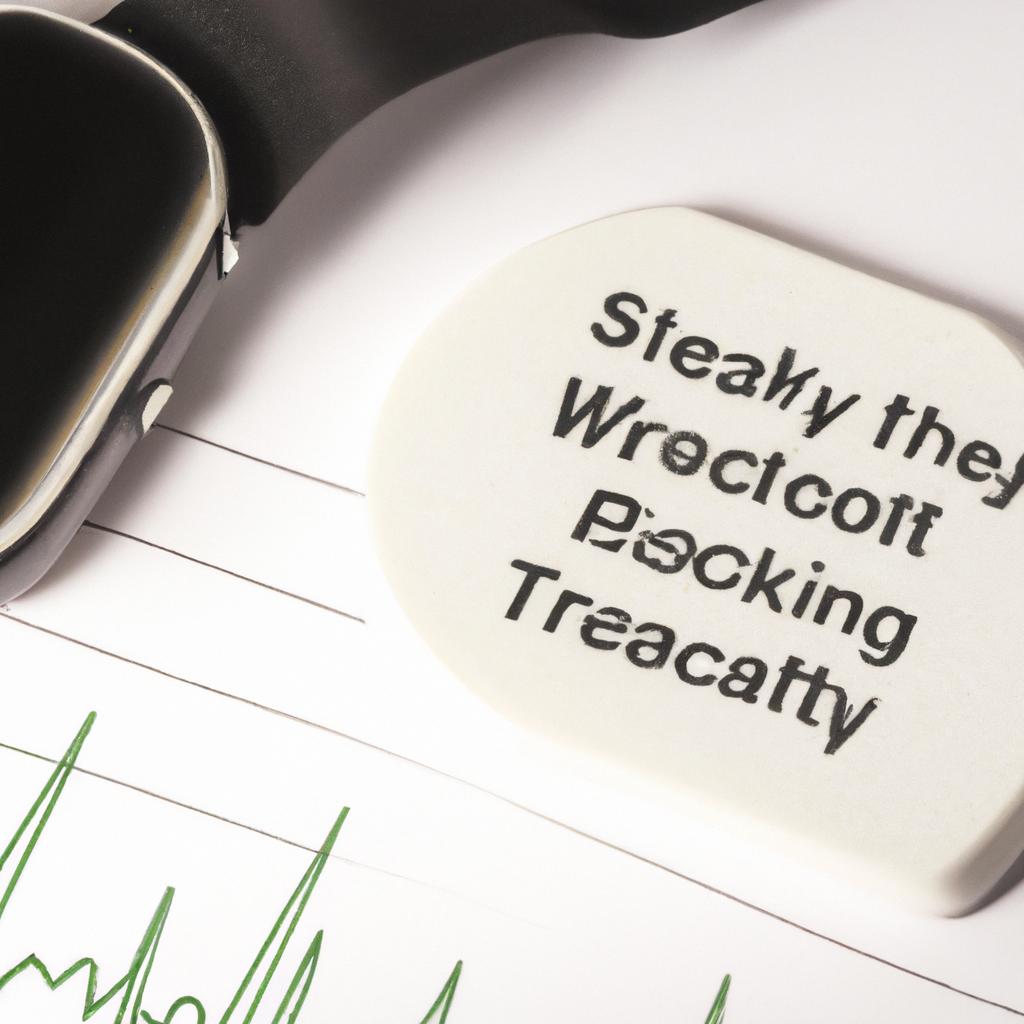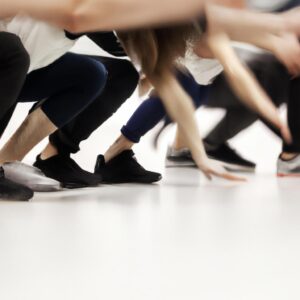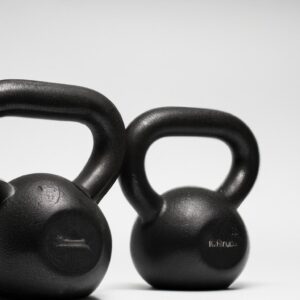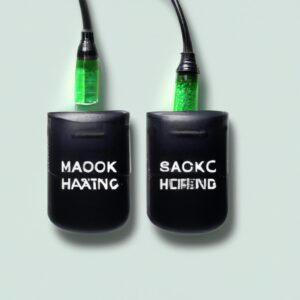**”The Impact of Wearable Tech on Sleep Quality: How Sleep Trackers Influence Rest and Recovery for Athletes”**
# The Impact of Wearable Tech on Sleep Quality: How Sleep Trackers Influence Rest and Recovery for Athletes
In today’s fast-paced world, athletes are increasingly turning to technology to enhance their performance and recovery. One area where technology has made a significant impact is in sleep quality. Wearable tech, particularly sleep trackers, has become a common tool for athletes who want to optimize their rest and recovery. By analyzing sleep patterns and providing insights into sleep quality, these devices can help athletes make informed decisions that enhance their performance. This blog post will explore the influence of sleep trackers on athletes’ rest and recovery, along with practical tips on nutrition, exercise, and the health benefits of improved sleep quality.
## Understanding Sleep Trackers
### What Are Sleep Trackers?
Sleep trackers are wearable devices that monitor and analyze various aspects of sleep, including duration, quality, and cycles. They typically use sensors to detect movement, heart rate, and even blood oxygen levels. Most sleep trackers sync with mobile apps, providing users with detailed insights into their sleep patterns, allowing them to identify areas for improvement.
### How Do Sleep Trackers Work?
Sleep trackers utilize a combination of accelerometers and heart rate monitors to assess when a user is asleep and the quality of that sleep. They categorize sleep into stages—light, deep, and REM (Rapid Eye Movement)—and provide metrics such as total sleep time and sleep efficiency. By understanding these metrics, athletes can make adjustments to their routines to enhance recovery and performance.
## Nutrition Tips
### Timing Your Meals
A well-balanced diet plays a crucial role in sleep quality. Athletes should pay attention to meal timing. Eating a heavy meal right before bed can disrupt sleep, while a light snack containing carbohydrates and protein may promote better rest. Consider consuming foods like yogurt with fruit or a small bowl of oatmeal in the evening.
### Hydration Matters
Staying hydrated is essential for overall health, but excessive fluid intake close to bedtime can lead to frequent awakenings during the night. Athletes should aim to hydrate throughout the day and reduce fluid intake in the hours leading up to sleep to minimize disruptions.
### Nutrient-Rich Foods for Better Sleep
Certain nutrients can enhance sleep quality. Foods rich in magnesium, like leafy greens and nuts, can help relax the body, while tryptophan-containing foods like turkey and bananas can promote the production of serotonin, a neurotransmitter that regulates sleep. Including these foods in your diet can aid in achieving restorative sleep.
## Exercise Advice
### Timing Your Workouts
The timing of exercise can significantly influence sleep quality. Engaging in intense workouts close to bedtime can elevate heart rates and make it difficult to fall asleep. Athletes should consider scheduling vigorous training sessions earlier in the day and opting for lighter activities, such as yoga or stretching, in the evening to promote relaxation.
### The Importance of Recovery Days
Incorporating rest days into training plans is essential for recovery and sleep quality. Overtraining can lead to increased stress levels and disrupt sleep patterns. Athletes should listen to their bodies and schedule recovery days to allow for physical and mental rejuvenation.
## Health Benefits
### Improved Performance
Quality sleep is vital for optimal athletic performance. During deep sleep, the body undergoes crucial restorative processes, including muscle repair and hormone regulation. Athletes who prioritize sleep often experience improved reaction times, better focus, and enhanced endurance.
### Mental Well-Being
In addition to physical benefits, quality sleep has a profound impact on mental health. Athletes who sleep well are often better equipped to handle the pressures of competition, make quicker decisions, and maintain a positive mindset. Sleep trackers can help athletes monitor their sleep patterns and make necessary adjustments to improve their mental resilience.
### Reduced Injury Risk
Adequate sleep is linked to a lower risk of injury. Poor sleep quality can affect coordination, reaction time, and overall cognitive function, increasing the likelihood of accidents and injuries. By utilizing sleep trackers, athletes can identify patterns that may lead to sleep deprivation and take proactive steps to mitigate risks.
## Conclusion
Wearable technology, particularly sleep trackers, is revolutionizing the way athletes approach their sleep and recovery. By providing valuable insights into sleep patterns, these devices empower athletes to make informed decisions about their nutrition, exercise, and overall health. Incorporating proper nutrition, timing workouts effectively, and recognizing the health benefits of quality sleep can lead to improved performance and reduced injury risk. In summary, sleep trackers are not just gadgets; they are powerful tools that can significantly enhance an athlete’s rest and recovery, ultimately leading to greater success in their sport.















Post Comment